Guajillo peppers are dried pabilo chiles with mild to moderate heat (2,500-5,000 Scoville units) that offer a unique blend of smoky, tea-like, and berry flavors. These versatile Mexican staples add rich color and complex depth to salsas, moles, and marinades without overwhelming spiciness, making them perfect for both beginners and experienced cooks.
What Are Guajillo Peppers? Your Essential Guide
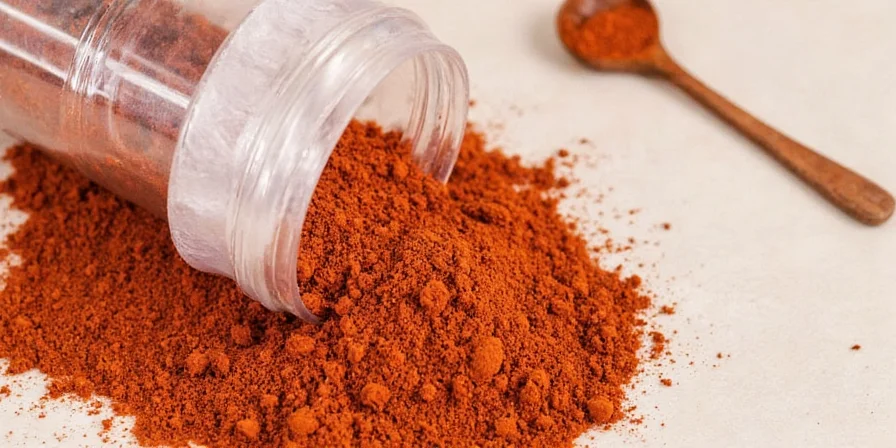
Guajillo peppers (pronounced wah-HEE-yo) are the dried form of pabilo chiles, a Mexican culinary staple for centuries. Recognizable by their deep reddish-brown color and smooth, thin skin, these slender chiles measure 3-6 inches long with a distinctive teardrop shape. Unlike hotter varieties, guajillo delivers balanced flavor complexity with mild heat that enhances dishes rather than dominates them.
Guajillo Heat Level Compared to Common Peppers
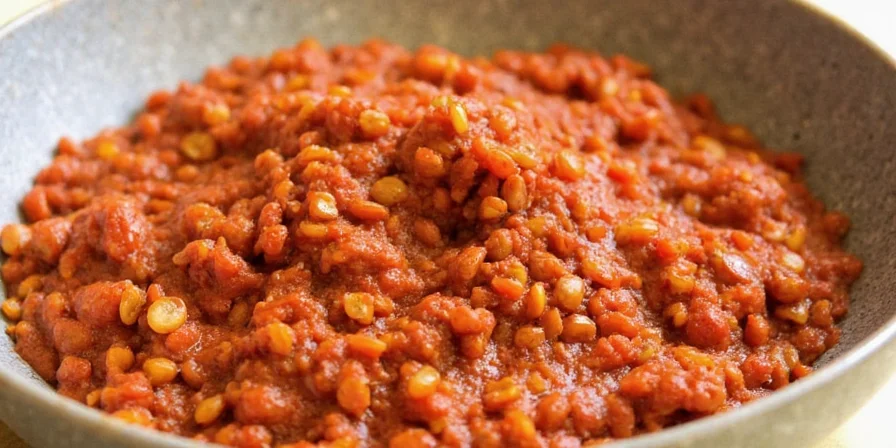
| Pepper | Scoville Units | Heat Level |
|---|---|---|
| Guajillo | 2,500 – 5,000 | Mild to Moderate (similar to jalapeño) |
| Jalapeño | 2,500 – 8,000 | Moderate |
| Ancho | 1,000 – 2,000 | Mild |
| Cayenne | 30,000 – 50,000 | Hot |
You can safely use guajillo peppers when cooking for children or spice-sensitive eaters. Their heat registers below jalapeños but offers more complexity than mild anchos.
Guajillo Flavor Profile: What to Expect
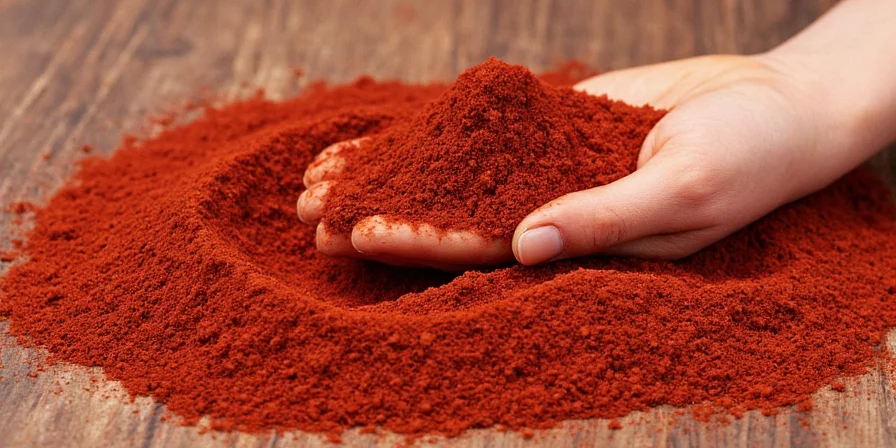
Guajillo peppers deliver a distinctive flavor profile that makes them indispensable in Mexican cuisine:
- Primary notes: Tangy, slightly fruity with subtle berry undertones
- Secondary notes: Earthy, leather-like with tea-like tannins
- Aromatic qualities: Floral hints when toasted properly
- Aftertaste: Clean finish without bitter notes common in other dried chiles
Unlike hotter chiles that emphasize capsaicin burn, guajillo focuses on flavor complexity. This balance explains why they're called the "workhorse" of Mexican dried chiles.
Most Common Culinary Uses for Guajillo Peppers
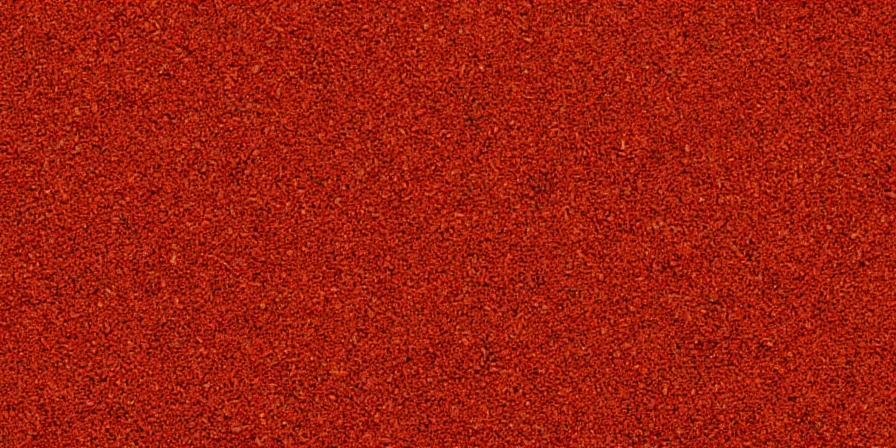
Guajillo peppers shine in these applications where flavor matters more than heat:
- Salsa roja: The foundation of authentic Mexican red sauce (use 4-5 chiles per cup of sauce)
- Mole coloradito: Provides the characteristic brick-red color and base flavor
- Adobo sauce: Blends with vinegar and spices for marinades and condiments
- Carne asada: Essential in traditional grilled beef marinades
- Posole: Adds depth to hominy-based stews without overwhelming heat
How to Prepare Guajillo Peppers Properly
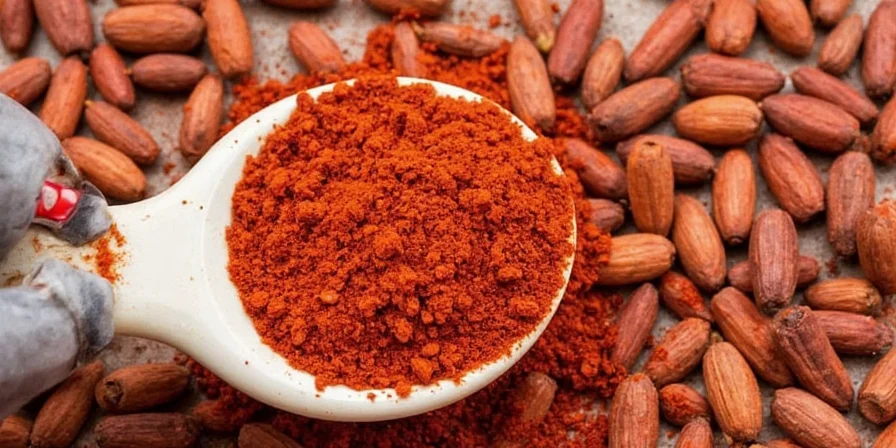
- Inspect: Check for mold or excessive brittleness (fresh guajillos should have some flexibility)
- Remove stems and seeds: For milder flavor (seeds contain most heat)
- Dry toast: Heat in skillet 30-60 seconds per side until fragrant but not burnt
- Rehydrate: Soak in hot (not boiling) water for 15-20 minutes until pliable
- Blend: Process with soaking liquid for smooth sauces
Pro tip: Never boil guajillos - high heat creates bitterness. The ideal soaking temperature is 185°F (85°C).
Dried Whole vs Ground Guajillo: Which Should You Buy?
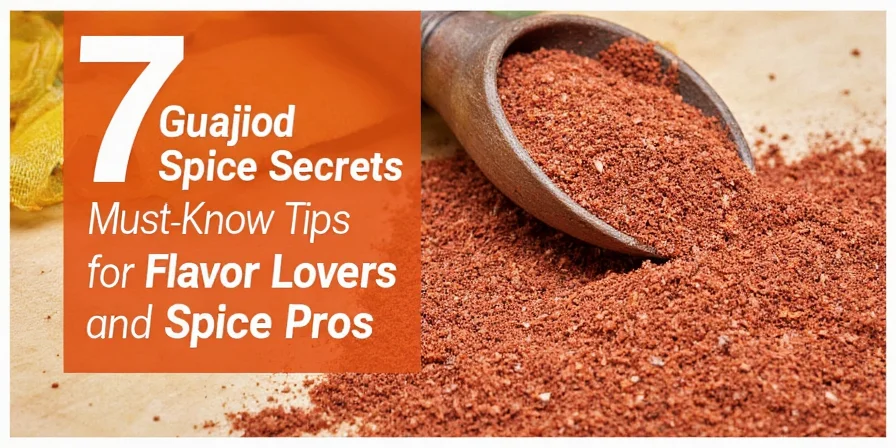
| Type | When to Choose | Storage Tips | Shelf Life |
|---|---|---|---|
| Dried Whole | For sauces, moles, or when toasting desired | Airtight container in dark cupboard | 12-18 months |
| Ground | For dry rubs, quick dishes, or baking | Refrigerate in glass jar | 6-8 months |
Whole guajillos maintain flavor longer, but quality ground guajillo works well for convenience. Check ground product color - vibrant red indicates freshness, while dull brown suggests staleness.
Best Flavor Pairings for Guajillo Peppers
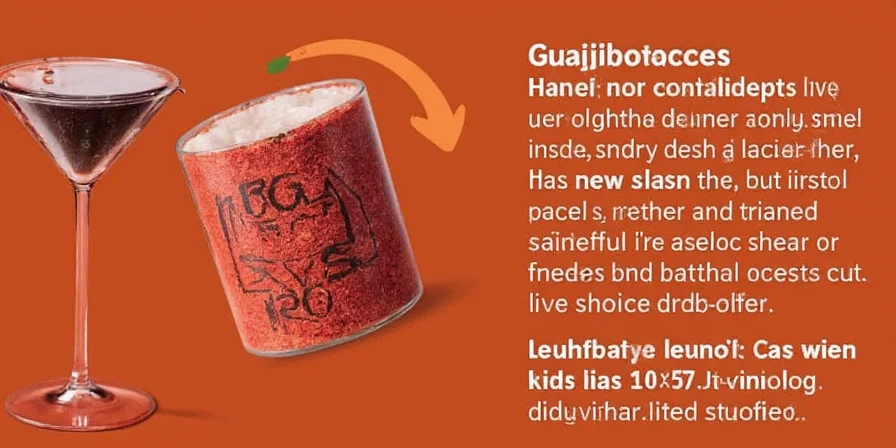
Guajillo's balanced profile complements these ingredients exceptionally well:
- Tomatoes: Enhances natural acidity in salsas and stews
- Garlic: Creates savory depth in adobo sauces
- Lime: Brightens earthy notes (add juice after cooking)
- Chocolate: Key in mole recipes (use 1:10 ratio chile to chocolate)
- Cumin: Amplifies earthy notes without overpowering
Avoid pairing with delicate herbs like cilantro or parsley - guajillo's robust flavor will dominate them.
How to Store Guajillo Peppers for Maximum Freshness

Preserve guajillo's flavor with these storage methods:
- Store whole peppers in airtight glass container away from light
- Keep in cool, dark place (under 70°F/21°C)
- Place whole cloves or bay leaves in container to absorb moisture
- Freeze for long-term storage (up to 2 years)
- Grind only what you need - ground loses potency quickly
Test freshness by snapping a chile - fresh ones should break cleanly with little effort. If they bend without breaking, they're too old.
Common Guajillo Pepper Substitutes
| When You Need | Best Substitute | Adjustment Ratio |
|---|---|---|
| Similar heat & flavor | Ancho + New Mexico chiles (1:1 mix) | Use 25% more |
| Milder option | Dried pasilla | Use equal amount |
| Hotter option | Chipotle + ancho (3:1 mix) | Use 20% less |
| Quick pantry solution | Paprika + pinch cumin | Use 50% more |
Note: No substitute perfectly replicates guajillo's unique flavor profile, but these combinations get close for emergency cooking situations.
Frequently Asked Questions About Guajillo Peppers
Where can I buy authentic guajillo peppers?
Find authentic guajillo peppers at Mexican grocery stores (look for Mexican-grown varieties), specialty spice shops, or reputable online retailers. Avoid generic "chile powder" blends - check labels for 100% guajillo content. The best quality comes from Zacatecas, Mexico.
Why did my guajillo sauce turn bitter?
Bitterness usually comes from boiling the peppers or burning them during toasting. Always soak guajillos in hot (not boiling) water around 185°F (85°C). When toasting, heat just until fragrant (30-60 seconds) - dark spots indicate burning. Removing seeds and white ribs also reduces bitterness.
Can I use guajillo peppers in non-Mexican dishes?
Absolutely! Guajillo works well in Italian tomato sauces, BBQ rubs, chocolate desserts, and even Bloody Mary mixes. Their mild heat and complex flavor enhance many global cuisines without making dishes taste Mexican. Try adding a small amount to chili or tomato soup for depth.
Final Tips for Cooking with Guajillo Peppers
Start with these practical guidelines for best results:
- Use 3-5 whole guajillos per serving for balanced flavor in sauces
- Toast before soaking for deeper flavor (but never burn them)
- Remove seeds for milder heat, keep them for more spice
- Pair with acidic ingredients like tomatoes or lime to balance earthiness
- Freeze whole peppers for long-term storage without flavor loss
Guajillo peppers transform ordinary dishes into authentic Mexican-inspired creations with minimal effort. Their unique combination of mild heat and complex flavor makes them one of the most versatile dried chiles for home cooks. Keep a stash in your pantry for whenever you want to add professional-quality depth to your cooking.
Quick Reference: Guajillo Pepper Essentials
| Characteristic | Details |
|---|---|
| Heat Level | 2,500-5,000 Scoville (mild to moderate) |
| Flavor Profile | Smoky, tangy, berry notes, tea-like tannins |
| Best Cooking Methods | Toasting, soaking, blending for sauces |
| Common Dish Applications | Salsa roja, mole, adobo, carne asada marinades |
| Substitutes | Ancho + New Mexico chiles (1:1 ratio) |
| Storage Duration | Whole: 12-18 months | Ground: 6-8 months |











 浙公网安备
33010002000092号
浙公网安备
33010002000092号 浙B2-20120091-4
浙B2-20120091-4